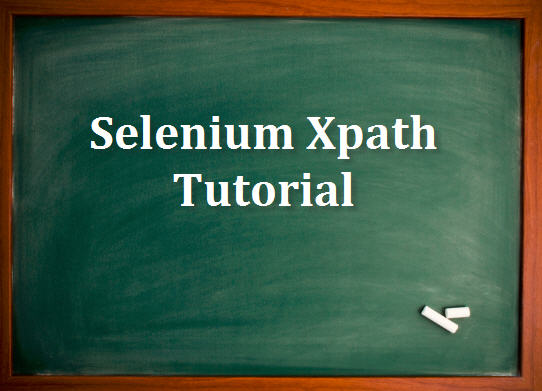HP QTP has three types of Recording modes ,Those are
1.Standard Recording
2.Analog Recording
3.Low level Recording
Standard recording records the test scripts in terms of GUI objects and records the objects in application under test according to performed actions.This standard recording mode is the default for HP QTP/UFT and helps to identify objects in application for object model.
Analog recording which is enables to record the exact point to point mouse and keyboard operations which is performed on application under test or screen (desktop).
Example:
Window("Notepad").Runanalog "Track1"
"Track 1" indicates track file which is called by the Run analog method contains all application analog data and it is stores with the action.
Low level recording mode will allow testers to record the application actions where QTP identify the particular objects for any actions.This mode will use in QTP when any object is not identify by the HP QTP/UFT. Low level Records the actions using x,y coordinates in applications.
1.Standard Recording
2.Analog Recording
3.Low level Recording
Standard Recording:
Standard recording records the test scripts in terms of GUI objects and records the objects in application under test according to performed actions.This standard recording mode is the default for HP QTP/UFT and helps to identify objects in application for object model.
Analog Recording:
Analog recording which is enables to record the exact point to point mouse and keyboard operations which is performed on application under test or screen (desktop).
Example:
Window("Notepad").Runanalog "Track1"
"Track 1" indicates track file which is called by the Run analog method contains all application analog data and it is stores with the action.
Low Level Recording:
Low level recording mode will allow testers to record the application actions where QTP identify the particular objects for any actions.This mode will use in QTP when any object is not identify by the HP QTP/UFT. Low level Records the actions using x,y coordinates in applications.






0 Comments